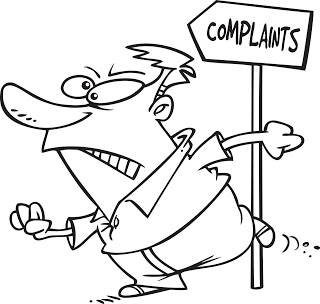We lawyers at McGrath and Spielberger, PLLC deal with contracts every day. Unfortunately, that sometimes includes breaches of contract, whether due to a missed deadline or something else. Sometimes the breach is harmless, whilst other times it is devastating; most of the time the consequences are somewhere in between those 2 extremes.
A party who has been legally injured to the other party’s breach of contract (whether related to a missed deadline or not) can seek a “remedy”. Remedies are ways in which such an injury can be corrected or compensated for, and/or a way to enforce contractual rights.
One of the ways in which a wronged contractual party may be able to correct a legal injury is called “rescission”. Rescission generally attempts to put the parties back into the position they were in before the contract and breach of contract, with a focus on trying to undo (or compensate for) damages suffered by the party not in breach of contract.
For example, if the Seller under contract to sell real estate (real property) breaches the agreement by refusing to go forward and complete the sale, the would-be Buyer may have the right of rescission. This could include the right to recover any monies paid to Buyer or put into escrow (such as down payments, deposits, and good faith monies) and to be reimbursed by Buyer for actual costs expended or incurred (such as inspection fees).
Other terms and phrases often associated with rescission are to “unwind the contract” or “void the contract” and “make the parties whole”.
The “right of rescission” may be specifically stated in a legal agreement, but often is not. It is an established remedy which courts can order in appropriate circumstances.
It is rare that rescission is the only possible remedy available for an injured party, but sometimes a party may need to choose to seek rescission instead of another type of remedy.
As you may guess, rescission is not always possible or practical.
You may have the right to rescission and that may be the remedy you should seek. Parties who have been legally injured by a breach of contract should discuss their options with a lawyer and then determine the best route forward, which may or may not include the remedy of rescission.
Don’t hesitate to contact us for contract law services, such as drafting, editing, analyzing, negotiating, and disputes.



